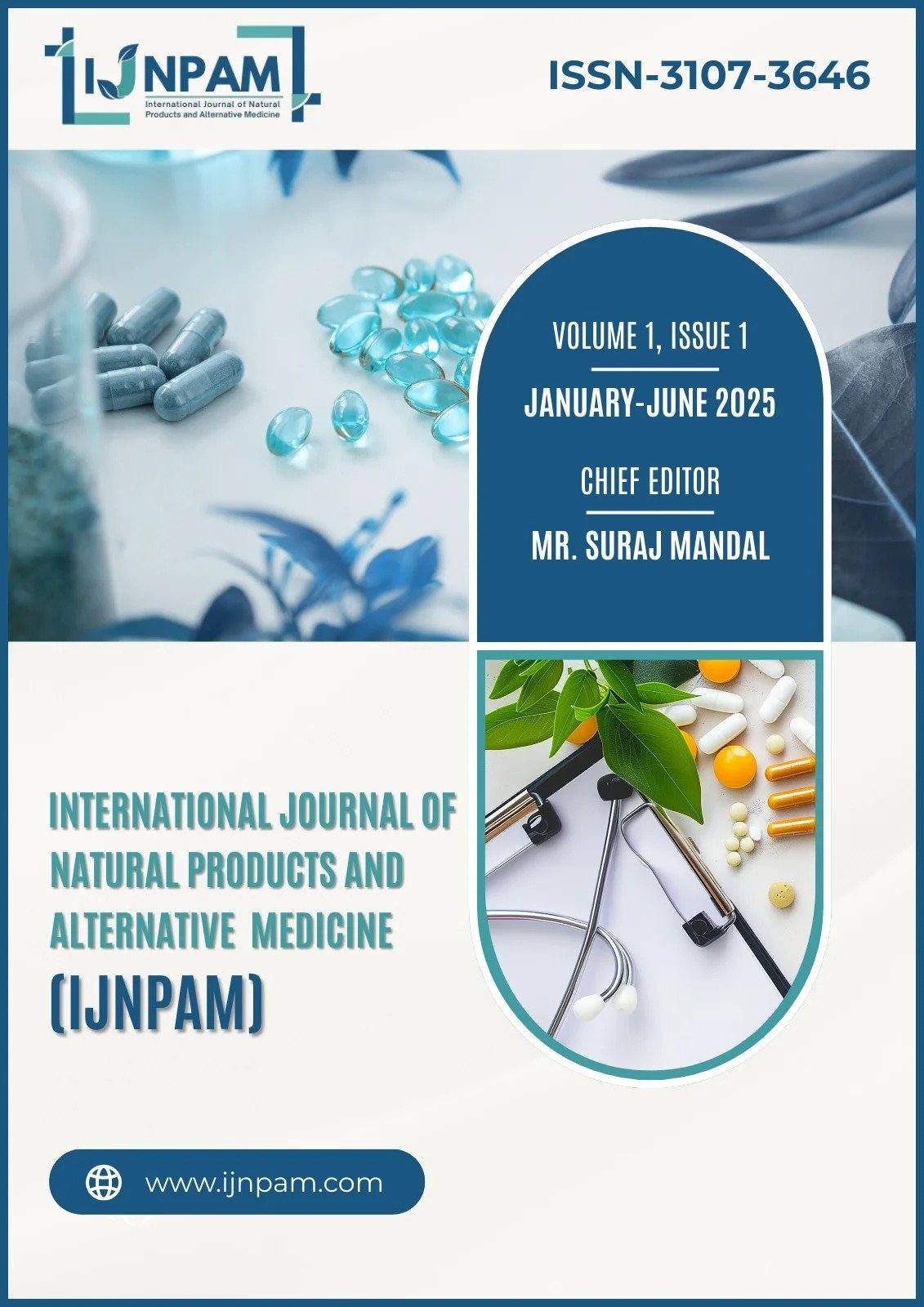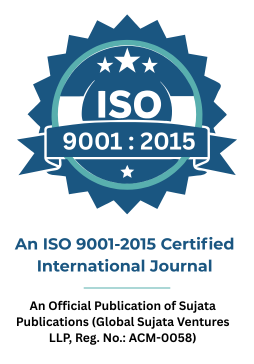A Review of Plant-Based Natural Products for the Management of Diabetes: From Ethnobotany to Clinical Evidence
Keywords:
Diabetes mellitus, medicinal plants, ethnobotany, phytochemicals, antidiabetic activity, clinical evidence, insulin resistance.Abstract
Diabetes mellitus is a chronic metabolic disorder characterized by persistent hyperglycemia, resulting from insulin deficiency, insulin resistance, or both. Despite the availability of synthetic antidiabetic drugs, their long-term use is often associated with adverse effects, prompting interest in plant-based natural products as safer alternatives. This review explores the role of medicinal plants in diabetes management, tracing their use from ethnobotanical traditions to contemporary clinical applications. Various plant-derived bioactive compounds, including flavonoids, alkaloids, terpenoids, and polyphenols, have demonstrated antihyperglycemic, insulin-sensitizing, and pancreatic β-cell-protective effects through multiple mechanisms such as α-glucosidase inhibition, glucose uptake enhancement, and oxidative stress reduction. Key medicinal plants, such as Momordica charantia (bitter melon), Trigonella foenum-graecum (fenugreek), Cinnamomum verum (cinnamon), and Gymnema sylvestre, have shown promising results in preclinical and clinical studies. This review critically evaluates the pharmacological efficacy, mechanisms of action, and clinical evidence supporting the use of plant-based therapies for diabetes management. It also highlights challenges such as variability in bioactive compound concentrations, standardization, and regulatory concerns. The findings emphasize the potential of plant-based natural products as complementary or alternative therapies for diabetes while underscoring the need for further clinical validation and regulatory approval.








